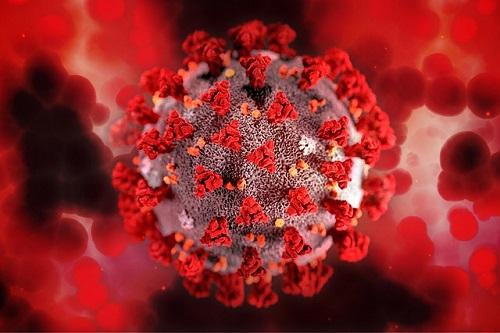As the SARS-CoV-2 virus replicates and spreads, errors in its genetic code can lead to changes in the virus. On 26 November 2021, the World Health Organization designated the variant B.1.1.529, first identified in South Africa, a variant of concern, named Omicron. The variant carries a large number of mutations, leading to concern that it will leave vaccines less effective at protecting against infection and illness.
Working in secure conditions, a team led by Professor Ravi Gupta at the Cambridge Institute of Therapeutic Immunology and Infectious Disease, University of Cambridge, created synthetic viruses – known as ‘pseudoviruses’ – that carried key mutations found in the Delta and Omicron strains. They used these to study the virus’s behaviour.
The team, which included collaborators from Japan, including Dr Kei Sato of Tokyo University, has released its data ahead of peer review because of the urgent need to share information relating to the pandemic, and particularly the new Omicron variant.
Image by Gerd Altmann from Pixabay
Reproduced courtesy of the University of Cambridge
